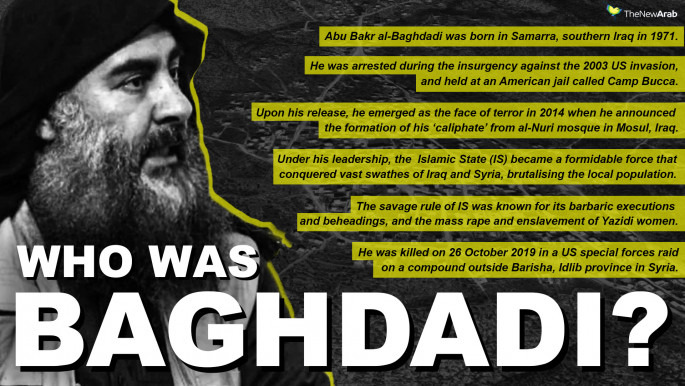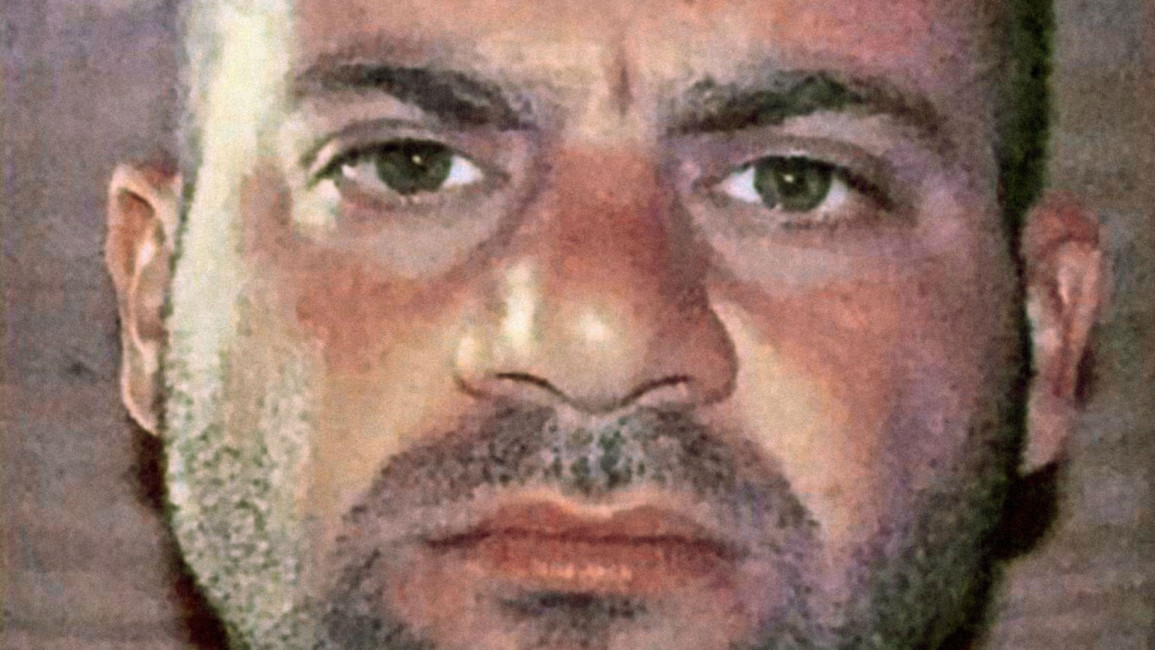New IS leader's identity revealed as scholar who led Yazidi genocide
The identity of the new Islamic State group leader has been revealed by media, with intelligence operatives saying he was responsible for authorising the enslavement and mass murder of Iraq's Yazidi religious and ethnic minority by the jihadi organisation.
He has been named by The Guardian as Amir Mohammed Abdul Rahman Al-Mawli Al-Salbi who was announced by IS as the group's new leader following the killing of Abu Bakr Al-Baghdadi by US commandos in Idlib last October.
Previously, only his nom de guerre, Abu Ibrahim Al-Hashimi Al-Quraishi, was used.
Al-Salbi is thought to be the scholar who justified IS' genocide of the Yazidi minority, a horrific campaign of mass slaughter, rape and persecution.
 |
It followed IS' assault in northern Syria in 2014, which saw Yazidi women and children enslaved by IS and tens of thousands of people, mostly men and old, murdered due to their faith.
During the fightback against the group, dozens of mass graves of Yazidi and other victims of IS brutality were uncovered, while sickening stories of the group's campaign of enslavement have also been revealed, which Al-Salbi is thought to have orchestrated.
Al-Salbi is an ethnic Turkman from the northern Iraqi city of Tal Afar, which had been known as a bastion of jihadism following the 2003 US-led invasion of Iraq.
Al-Salbi's background as a religious scholar began after he gained a degree in sharia law from the University of Mosul. He was detained by US forces at Camp Bucca in 2004, where he is believed to have met Abu Bakr Al-Baghdadi.
Despite the killing of Baghdadi last year and capture of IS' territories in Syria and Iraq, the group has launched a series of attacks in both countries with fears of a resurgence and with Al-Salbi at the helm.
"We've seen significant uptick in ISIS attacks from mid last year, with the centre of gravity having now moved further south. We're now tracking on average 60 attacks a month through assassinations, roadside bombs and assaults on Iraqi security forces," a senior Iraqi-Kurdish official told The Guardian.
"Their rural networks remain very much intact; after all, Isis members in Iraq still receive monthly salaries and training in remote mountainous areas. That network allows the organisation to endure, even when militarily defeated."
Dozens of Syrian regime soldiers have been killed in IS ambushes while truffle farmers have also been murdered in eastern Syria.



